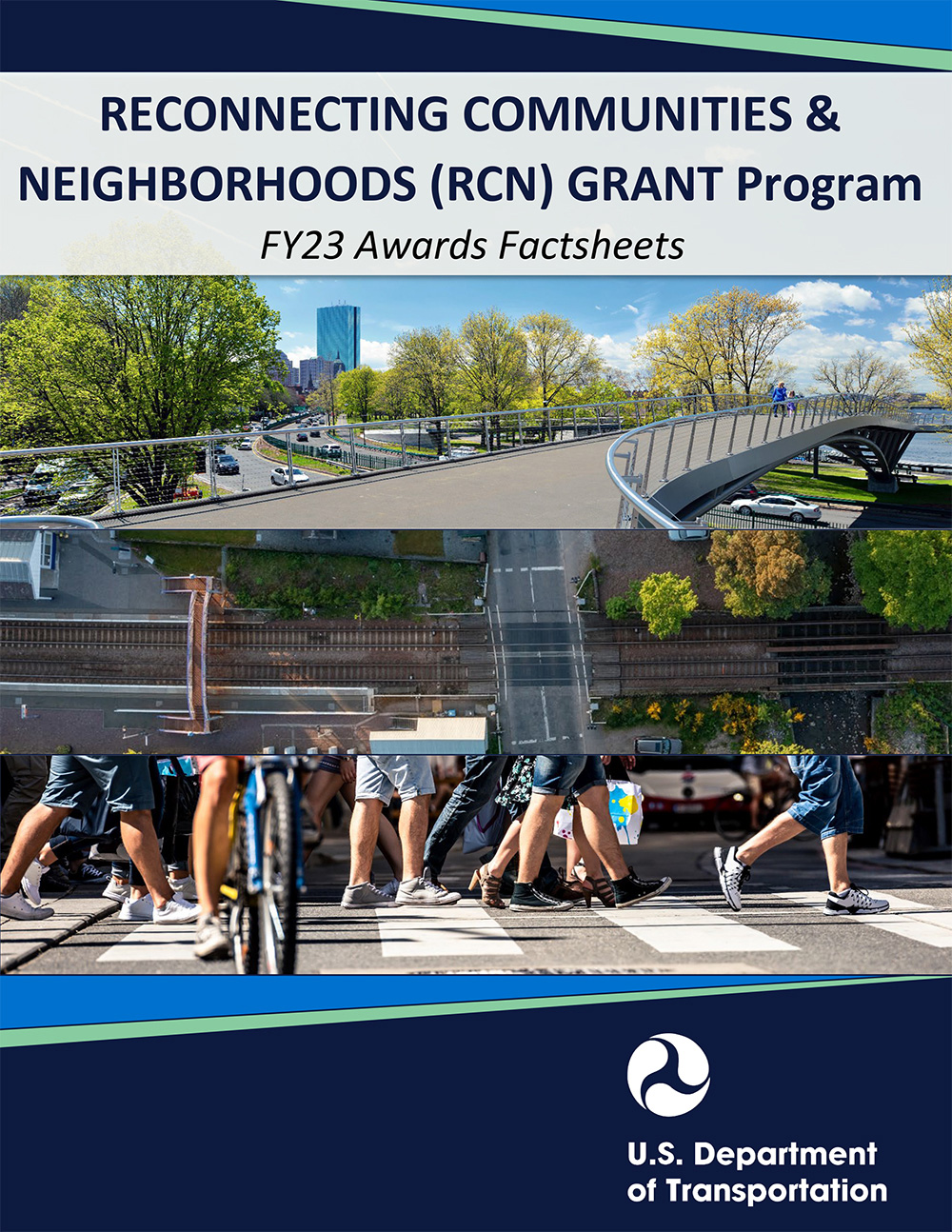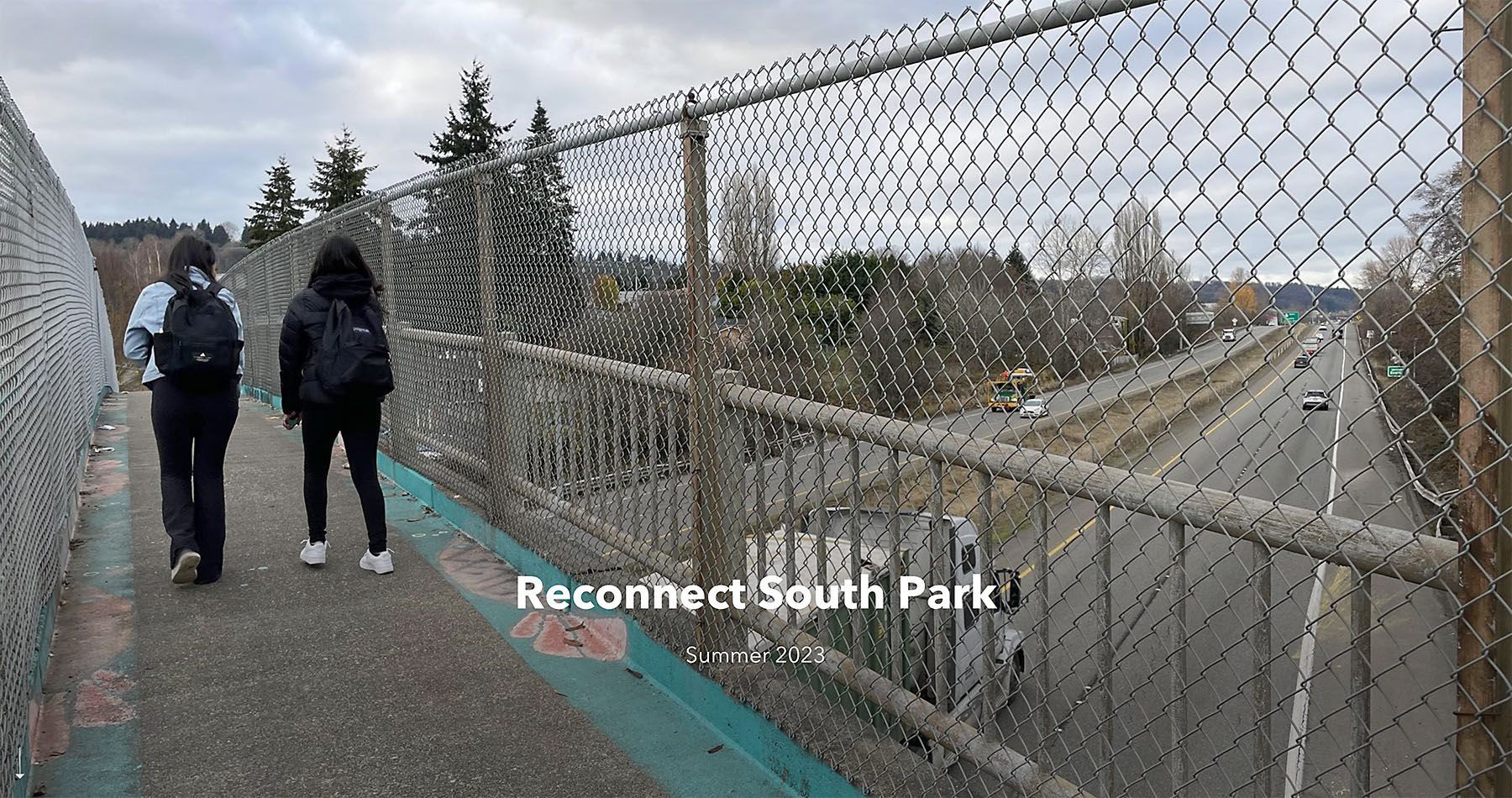
Reconnecting Communities and Neighborhoods
A new Federal grant program is helping today’s communities repair the harm caused by infrastructure choices of the past.
While interstates and highways are designed to connect travelers with their destinations, many of the multilane roadways constructed in the 1950s and 1960s also disconnected communities. Low-income and minority Americans suffered disproportionately from the destruction and division in their neighborhoods, resulting in economic, social, and mobility challenges that persist today. The U.S. Department of Transportation’s new Reconnecting Communities Pilot Program and Neighborhood Access and Equity Program is offering communities help in addressing the negative impacts of past transportation infrastructure investments.
The Reconnecting Communities and Neighborhoods (RCN) grants are supporting transformative, community-led solutions that can turn aging infrastructure into opportunities for improving community connectivity and cohesion. Examples include capping or removing highways, adding new transit routes, and constructing sidewalks, bridges, bike lanes, and more.

View fact sheets on the fiscal year 2022 and 2023 awards to learn about projects focused on reconnecting communities across the country.
Credit: U.S. Department of TransportationCommunity-Led Solutions
Two rounds of RCN awards have been released. Grant recipients include the ReConnect Rondo project in Saint Paul, MN, for which the funds will be used to study the planning and development of an African American cultural enterprise district and associated land bridge. The project aims to restore and reconnect a portion of the Rondo neighborhood destroyed during construction of Interstate 94 (I-94) in Saint Paul.
When work began on I-94 in the 1950s, the majority of Saint Paul’s Black population lived in Rondo and the neighborhood contained a wide variety of small businesses catering to the community. When I-94 construction was routed directly through Rondo, the highway displaced or destroyed more than 700 homes and 300 businesses, initiating a long period of economic and social decline for the community. To ensure this new transportation project serves the needs of local residents, the ReConnect Rondo organization enlisted widespread stakeholder engagement that included neighborhood residents and community groups, local businesses, organizations, and local, State, and Federal government entities.
The city of Seattle, WA, received a grant for its Reconnect South Park project. The funds support a planning study on removing or restructuring State Route 99 (SR-99) where it cuts through Seattle’s South Park neighborhood. Currently, an underpass on a busy street is the only at-grade crossing through the 1.5-mile stretch of highway. This barrier limits access to jobs, healthcare, and community resources and has created one of the most disadvantaged neighborhoods in the region.

View a storymap of the Reconnect South Park project in Seattle.
Credit: City of Seattle/Reconnect South Park CoalitionA neighborhood-based coalition comprising more than 12 community organizations is leading the public engagement process. The goal is to develop a Community Vision Plan with strategies for improving mobility, connectivity, and health supported by both engagement and technical analysis. The coalition and city of Seattle created a GIS-based, interactive storymap to assist the engagement process.
A grant was also awarded for implementation of the Stitch project in Atlanta, GA. In the mid-20th century, the construction of Interstates 75/85, known locally as the Downtown Connector, destroyed and divided downtown Atlanta communities and resulted in the displacement of more than 40,000 individuals. The vision outlined on the project website is to reunite these communities by capping the Downtown Connector with a major new park that will offer acres of urban greenspace, add transportation improvements and sustainable infrastructure, and enhance access to affordable housing, low-cost transportation, and community resources.
The Stitch is the result of two decades of planning and community input that established the need, vision, and major design elements. The project team is using both in-person meetings and virtual engagement tools such as interactive, GIS-based visualizations to obtain community input.
Visit the U.S. DOT Reconnecting Communities and Neighborhoods Grant Program webpage to view a full list of fiscal year 2022 and 2023 project awards and two engaging StoryMaps that cover even more examples.
Opportunities to Reconnect and Revitalize
FHWA championed Community Connections during round four of the Every Day Counts (EDC-4) program. EDC-4 promoted ways to plan, design, and build transportation projects that reestablish connectivity, enhance access, and improve health and safety. The EDC-4 effort produced a Community Connections Toolbox with analytical tools and planning frameworks, project development and design techniques, operational improvements and programs, and public involvement strategies.
Kenneth Petty, Director of FHWA’s Office of Planning and an EDC-4 team co-lead, noted that RCN grants are providing an unprecedented opportunity for agencies and organizations across the country to repair or replace aging infrastructure with community connection improvements. For those getting started, building collaborative partnerships and seeking robust public involvement with a wide variety of disciplines is an important first step.
“Strong public and stakeholder involvement is critical for determining what mobility options will work best for a particular community, for example safer biking and pedestrian facilities or better access to transit,” he said, “because, ultimately, transportation isn’t just about moving vehicles; it’s about creating communities.”
Reconnecting Communities Institute Offers Grant Assistance
The U.S. DOT will launch a Reconnecting Communities Institute (RCI) in 2024 for existing grantees and entities interesting in receiving technical assistance under the Reconnecting Communities and Neighborhoods Grant Programs. The RCI will provide training and technical assistance to build organizational or community capacity in transportation planning and identify innovative strategies and solutions for reconnecting communities where transportation infrastructure has created barriers. Visit the RCI webpage for additional details on available services and eligibility.
—MORE INFORMATION
Visit FHWA’s Community Connections webpage for links to resources.
Explore the U.S. DOT’s interactive Reconnecting Communities StoryMap about the past, present, and future of reconnecting communities as well as the Reconnecting Communities and Neighborhoods StoryMap about repairing the harm caused by infrastructure choices of the past.
Contact Kenneth Petty, FHWA Office of Planning, Environment, and Realty, for information and technical assistance.
Disclaimer: The U.S. Government does not endorse products or manufacturers. Trademarks or manufacturers’ names appear in this document only because they are considered essential to the objective of the document. They are included for informational purposes only and are not intended to reflect a preference, approval, or endorsement of any one product or entity.
Except for the statutes and regulations cited, the contents of this document do not have the force and effect of law and are not meant to bind the States or the public in any way. This document is intended only to provide information regarding existing requirements under the law or agency policies.
Recommended Citation: U.S. Department of Transportation, Federal Highway Administration - Washington, DC (2024) Innovator Newsletter, May/June 2024, Volume 17 (102). https://doi.org/10.21949/1521779
- Cover
- New Opportunities for Building Bridges Better: The Evolution of UHPC
- Reconnecting Communities and Neighborhoods
- Brighter is Not Better: Emergency Vehicle Lighting Gets “Smart”
- Unlocking UAS Data: Strategies for Effective Management and Collaboration
- States Innovate
- EDC Outtakes: Next-Generation TIM
- About Innovator



